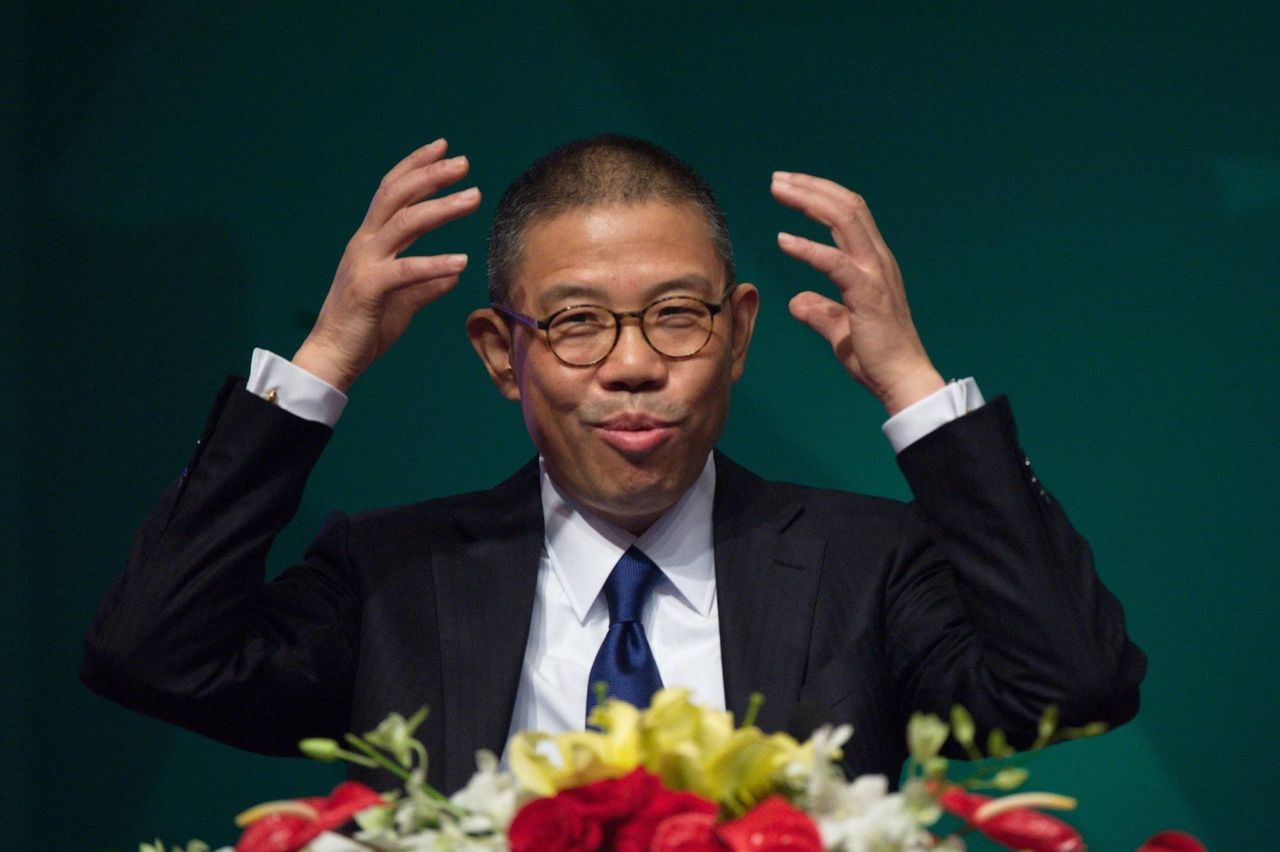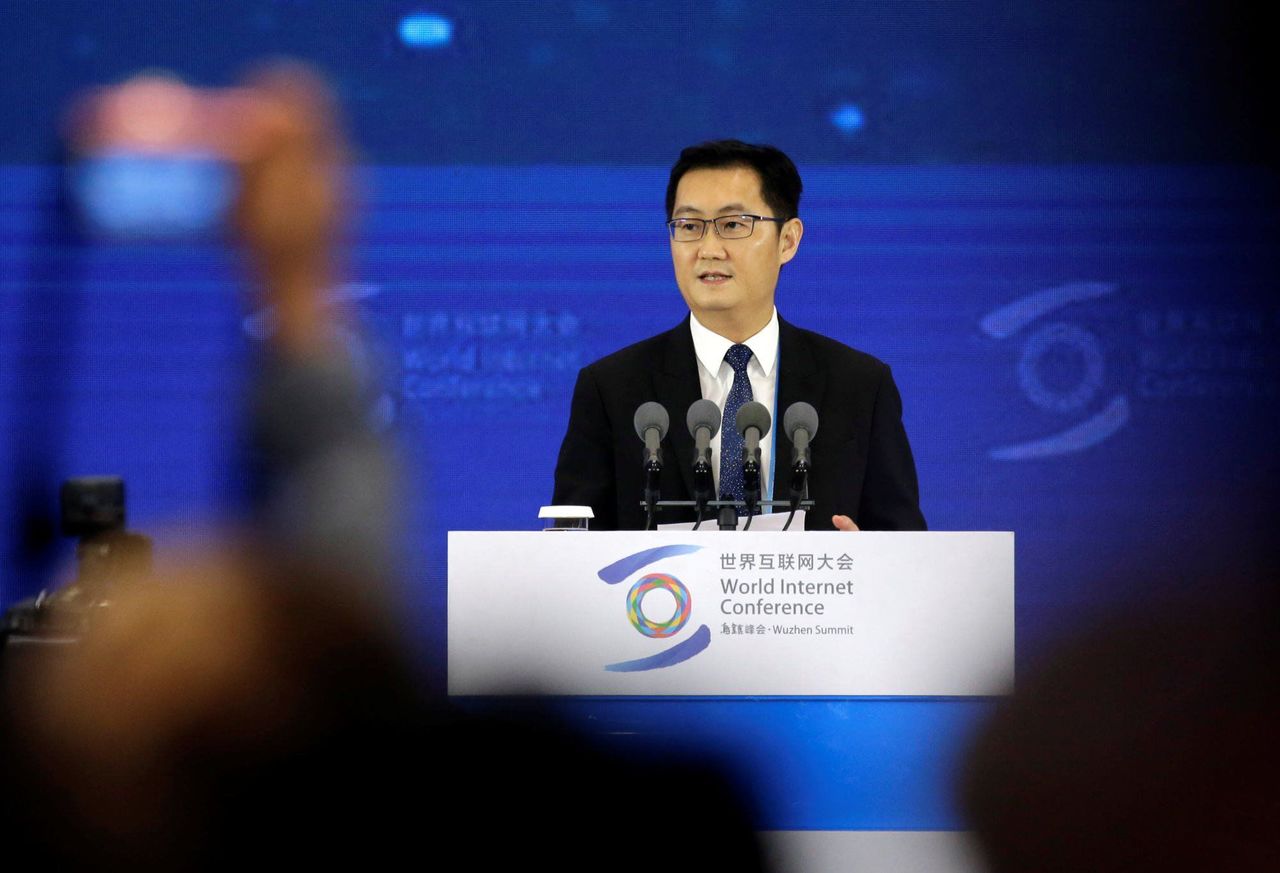Hong Kong News

China’s billionaire population drops: 229 knocked off Hurun rich list
China lost 229 billionaires in the last year as a faltering economy, sliding stocks and a depreciating yuan hit the country’s super-rich harder than their peers in any other nation, according to a new list published by Hurun Report.
Chinese moguls accounted for more than half of the 445 people worldwide who lost their status as US-dollar billionaires and dropped off of the Hurun Global Rich List. The number represents the biggest decline in Chinese billionaires since the list was first published in 2013.
China also added the largest number of new billionaires to the list, which is based on net worth as of January 16, with 69.
Zhong Shanshan, 69, founder of bottled water brand Nongfu Spring, retained his position as China’s richest person with a fortune of US$69 billion, down 4 per cent on year. He is the world’s 15th richest person.
 China’s richest person, Zhong Shanshan, founder of bottled water brand Nongfu Spring, is the 15th wealthiest person globally.
China’s richest person, Zhong Shanshan, founder of bottled water brand Nongfu Spring, is the 15th wealthiest person globally.
The total wealth of the listed Chinese billionaires, which includes 77 people from Hong Kong and 46 from Taiwan, plummeted 15 per cent, compared to a loss of 10 per cent in net worth globally. A total of 26 Chinese tycoons rank among the world’s 100 richest people.
“Interest rate hikes, the appreciation of the US dollar, the popping of a Covid-19-driven tech bubble and the continued impact of the Russia-Ukraine war have all combined to hurt stock markets,” said Rupert Hoogewerf, chairman and chief researcher of Hurun Report, a consultancy.
Tencent’s founder Pony Ma, 52, is in second place among Chinese billionaires, up two spots from a year earlier despite losing 25 per cent of his net worth to US$39 billion. He is the 31st wealthiest person worldwide.
 Pony Ma, Tencent Holdings’ chairman and CEO, is now the second-richest
person in China despite losing 25 per cent of his net worth since a year
ago, according to Hurun Report.
Pony Ma, Tencent Holdings’ chairman and CEO, is now the second-richest
person in China despite losing 25 per cent of his net worth since a year
ago, according to Hurun Report.
ByteDance founder Zhang Yiming, 40, dropped one place to third, as his wealth shrank by 31 per cent to US$37 billion.
Jack Ma, founder of Alibaba, owner of this newspaper, fell from fifth to ninth among Chinese billionaires, with his net worth dropping 32 per cent to US$25 billion, which equates to 52nd place worldwide.
Li Ka-shing remains Hong Kong’s richest person and is the 39th richest person in the world, as his fortune declined 6 per cent to US$31 billion.
 Zhang Yiming, CEO and founder of Bytedance, dropped from second place to
third among Chinese billionaires, according to the list.
Zhang Yiming, CEO and founder of Bytedance, dropped from second place to
third among Chinese billionaires, according to the list.
China’s economy expanded 3 per cent in 2022, one of its slowest rates of growth in decades, battered by the country’s zero-Covid strategy that caused multiple citywide lockdowns and manufacturing suspensions.
In the 12 months up to January 16, the Nasdaq plunged 26 per cent, the S&P 500 shed 14 per cent, the NYSE Composite fell 8 per cent and benchmarks in Shanghai and Shenzhen dropped 8 per cent and 17 per cent, respectively.
During the same period, the yuan depreciated 6 per cent against the US dollar, leading to shrinking fortunes for Chinese billionaires, as the list calculates net worth in US dollar terms.
 Hong Kong’s richest man, Li Ka Shing, is the 39th wealthiest person in the world.
Hong Kong’s richest man, Li Ka Shing, is the 39th wealthiest person in the world.
Overall, China remains the biggest source of known billionaires, with the total number standing at 969 – 40 per cent more than the US with 691.
The two countries together account for 53 per cent of the total 3,112 billionaires globally.
China surpassed the US as the leading country on the list in 2016 and has retained the title ever since.
“The year 2022 proved to be tough for Chinese businesspeople because the Covid-19 pandemic curbs either crippled their operations or hurt consumers’ demand for products and services,” said Wang Feng, the chairman of Shanghai-based financial services group Ye Lang Capital.
“But China’s vast market size and its exit from the zero-Covid strategy will continue to spawn more high-net-worth individuals in the years to come.”











